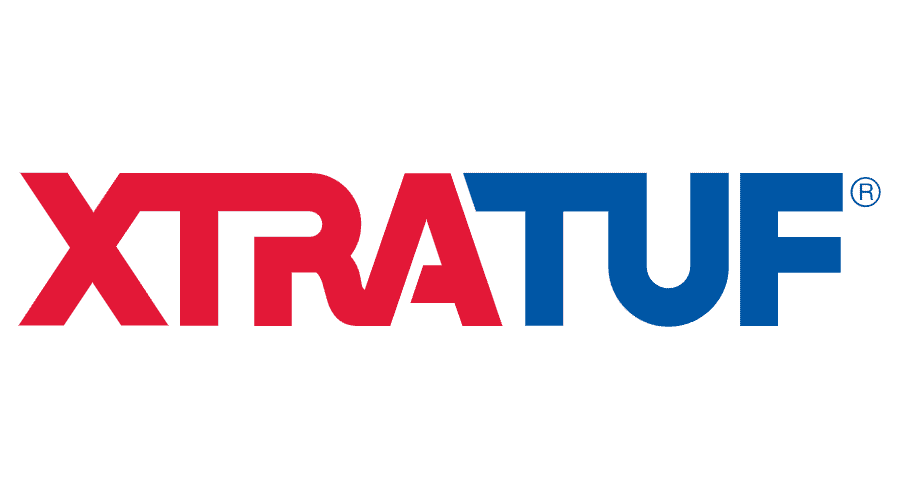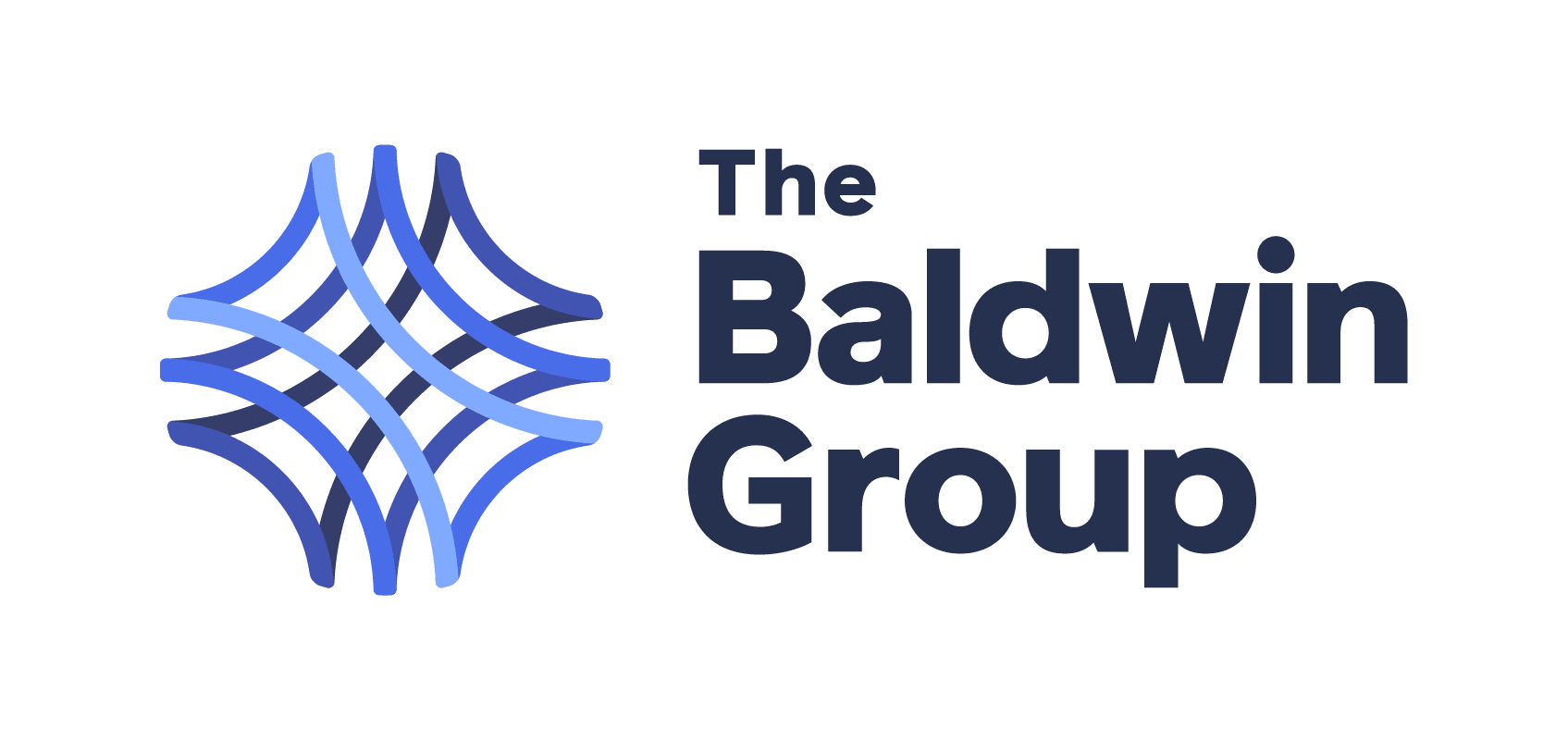Dec 20, 2023
General
Community Highlight: Devin Woodson
Devin Woodson is a current student and rower at The George Washington University Law School. Before George Washington, he rowed and coached at Louisiana State University.
Woodson is a member of George Pocock Rowing Foundation's Associate Board and an active member in his community, working with Unity Boat Club in Washington, D.C. He raced in the all-Black men's eight that competed at this year's Head of the Charles Regatta.
When did you begin rowing, and what drew you to the sport?
I began rowing as a freshman at LSU. I had never heard of the sport before I saw an LSU Rowing recruiting table, but for me, it was something new, something exciting. So, I decided I was going to give it a shot. As I got more involved in the sport, I fell in love with the grit that was required to make something seem effortless and all the life lessons that the sport teaches you. From another perspective, I've always said that rowing doesn't make you a completely different athlete; it just shows you what kind of athlete you can be when you believe in yourself.
What is the importance of an all-Black men's eight racing at the Head of the Charles Regatta?
I think it's a sign to the rowing world that our sport has the opportunity to move forward in a unique way. It's a sign to Black men that there's a community in the sport, that there's a culture out there that looks like what home looks like, and that if nothing else, there are eight guys that have their backs.
It's also important to recognize the amount of effort that went into it. It wasn't just eight Black men saying, "OK, let's go row in a month." It was a collaboration that isn't possible without a full-blown team of people and sponsors. It's a reminder that there's real support behind this effort and there are athletes there to back up that support.
How has the experience of rowing in a boat surrounded by individuals with shared identities impacted your connection to rowing and sense of community?
Rowing is all about how in sync you can be with the other people in your boat – both on and off the water. When you grow up like me, watching Kobe and Lebron and seeing your older family members working out to 50 Cent in a CD player, the way you approach the sport is going to be different than people who didn't live like that. But when you find teammates, especially successful ones, who had that same experience, that's when you feel finally connected. That's when things start to become seamless, and the only thing you have to think about is the water.
What was some of the feedback you got from your community after rowing with this crew?
Supportive, excited, and happy. When my family heard what I was doing, you would've thought that I won Olympic gold the way that they were applauding me. My home team, GW, was fully on board and wanted to do what they could to cheer me on. That meant a lot to know that GW is fully invested in this initiative, too.
The most special part was people finding out more about Rowing In Color. Getting the call from them to be a part of this was life-changing, so I'm glad to see that their efforts are being recognized.
What would be the implications of "childhood you" seeing this representation in a boat?
Childhood me would've gone home, tried to buy a uniform, and pretended I was one of the guys in the boat. The whole point of the work that Black people are doing in the community is inspiring young kids who need a hero and giving them an opportunity. It's a good feeling to look back at this and say, "I'm getting that much closer to being my own hero."
How is Rowing in Color continuously transforming the landscape for People of Color in rowing?
The sport of rowing in America is dealing with how to get more coaches involved and how to keep more rowers around. When you've got an organization like Rowing In Color that has reached thousands of new people, coaches and rowers alike, and made them feel empowered to make it their own thing, I don't know how you couldn't throw all your support at them.
RIC is providing a space for young rowers to join the sport and former rowers who want to give back the opportunity to do so. RIC doesn't ask anyone to do anything but be themselves and show people that being yourself is a good thing in rowing. When we think about what works, as far as tackling challenging problems, I hope that we look at RIC first.
What aspirations or goals are you aiming to pursue in your life?
I hope that one day I can be a positive force in some of the communities I grew up, but I'm not sure what role I'll take in doing it it. Right now, the goal is to finish law school and build a career that takes me across the globe.
Tupac said, "I'm not saying I'm gonna change the world, but I guarantee that I will spark the brain that will change the world." I think if I can do that, I'll have lived a good life. So, that's my aspiration.























